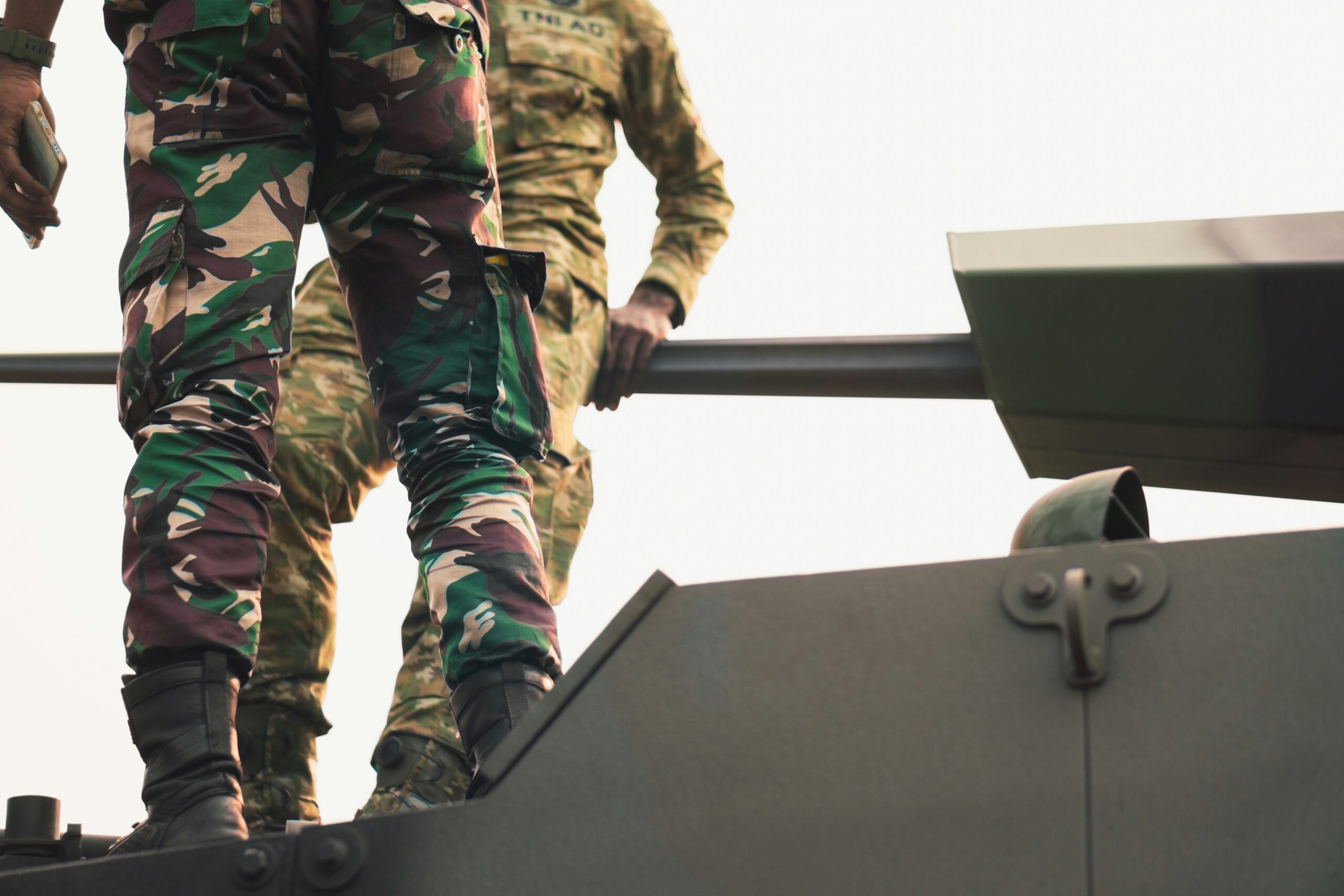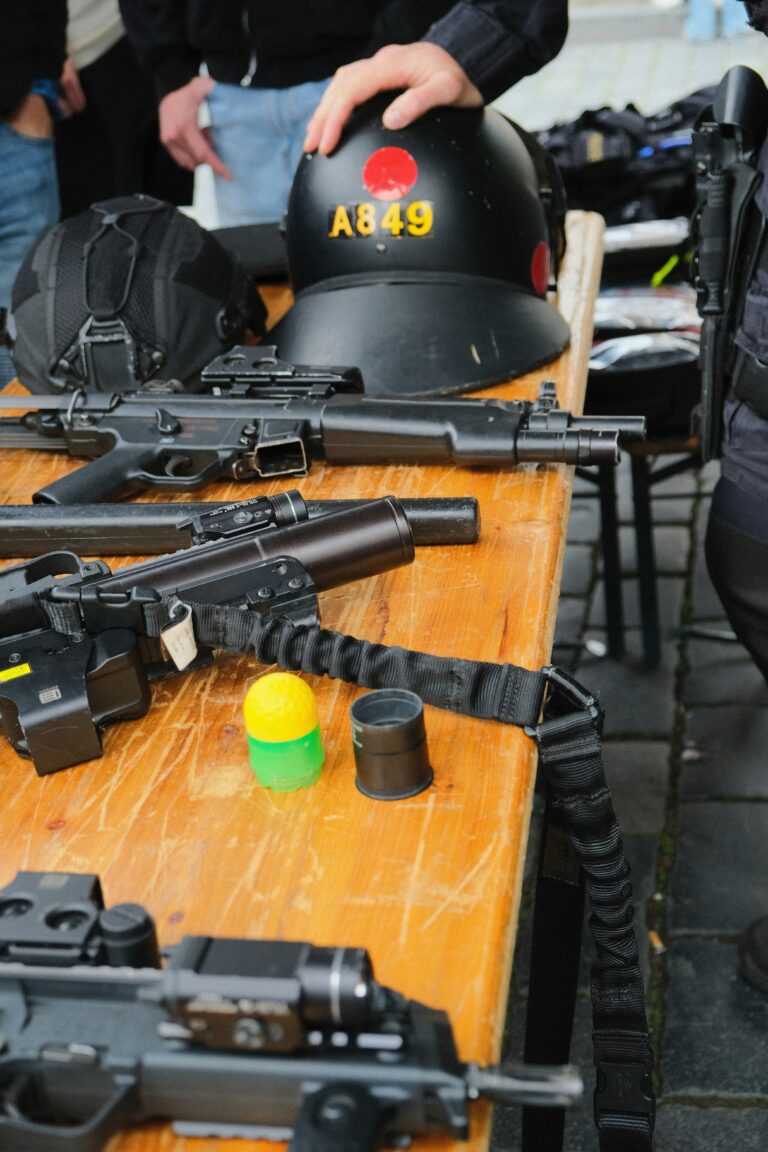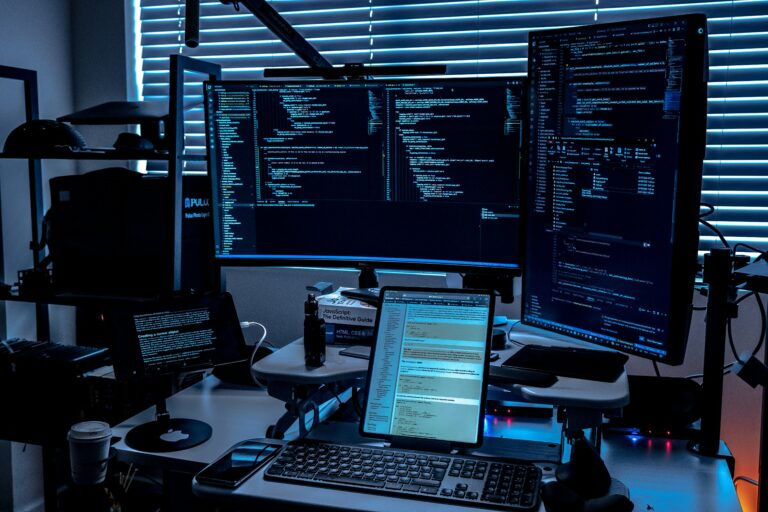Cyber Warfare Specialists in the British Armed Forces
Introduction
In the 21st century, warfare has expanded far beyond the battlefield. While tanks, ships, and aircraft still play critical roles, modern threats also exist in invisible digital realms — networks, databases, satellites, and communication grids. The British Armed Forces have responded by developing a new type of specialist: the Cyber Warfare Operator.

These professionals defend the UK against cyberattacks, protect military assets from digital sabotage, and conduct offensive cyber operations against hostile states and terrorist networks.
What Is a Cyber Warfare Specialist?
A Cyber Warfare Specialist is a highly trained expert within the UK’s Armed Forces — most commonly the Royal Signals, Royal Air Force, or Joint Cyber Units — who conducts operations in cyberspace to support national defence. Their responsibilities include:
- Preventing and detecting cyber intrusions
- Countering digital threats to UK military and critical infrastructure
- Exploiting enemy vulnerabilities through cyber operations
- Supporting Electronic Warfare (EW), intelligence, and communications
Where Do They Serve?
Cyber specialists are embedded within:
1. 13 Signal Regiment (British Army)
- The Army’s dedicated cyber unit, reformed in 2020
- Supports defensive cyber and information assurance across the Army
2. Joint Forces Cyber Group (JFCyG)
- A tri-service unit drawing members from the Army, Navy, RAF, and civilians
- Supports UK Strategic Command and GCHQ operations
3. Royal Air Force – 591 Signals Unit and No. 1 ISR Wing
- Focused on cyber intelligence, surveillance, and reconnaissance
4. Navy Information Warfare Teams
- Includes specialists based at HMS Collingwood, focusing on maritime cyber defence
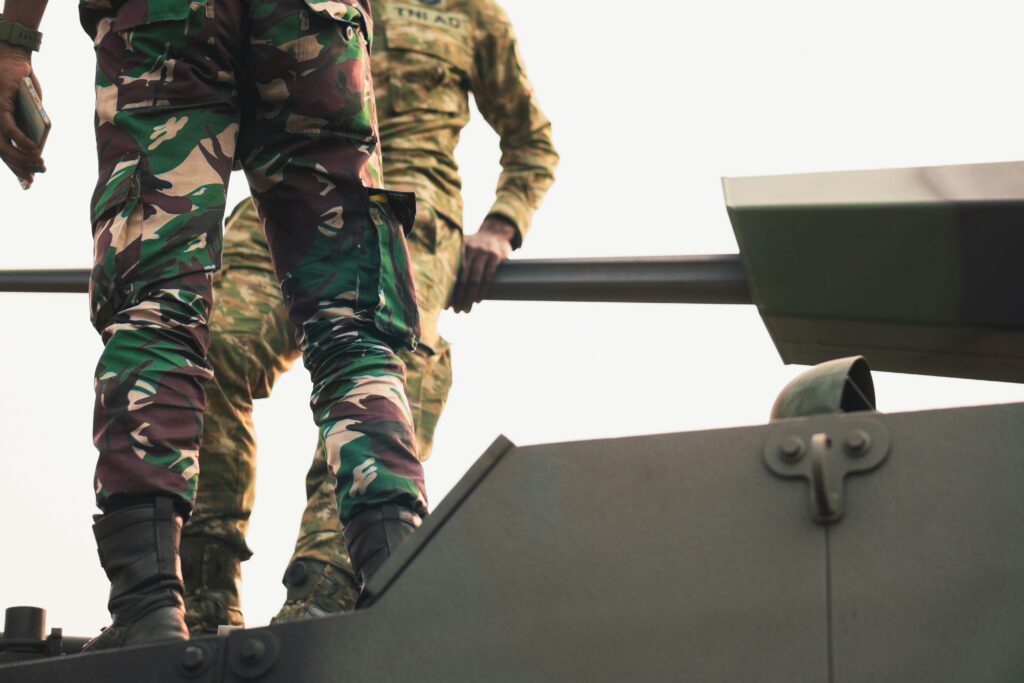
Core Responsibilities
| Function | Description |
|---|---|
| Defensive Cyber Operations (DCO) | Protecting MOD networks from malware, ransomware, and espionage |
| Cyber Threat Intelligence | Analysing enemy capabilities and emerging technologies |
| Incident Response | Isolating and neutralising intrusions or attacks |
| Cyber Forensics | Tracing attacks back to source, gathering evidence for legal or strategic use |
| Red Teaming and Pen Testing | Simulating enemy cyber attacks to expose vulnerabilities |
| Offensive Cyber Operations (OCO) | Disrupting adversaries’ digital infrastructure (communications, power, etc.) |
| Support to Operations (STO) | Assisting deployed units in secure communications and EW readiness |
Training Pathway
There are two primary routes into cyber operations:
A. Military Enlistment
- Join the British Army (Royal Signals), RAF, or Royal Navy in technical roles
- After basic training, specialise in Cyber Information Services, EW, or IT Systems Engineering
B. Direct Entry / Reserve Cyber Specialist
- Civilians with IT, coding, or cybersecurity skills can apply directly
- Entry through the Army Reserves, Royal Signals Specialist Pool, or Cyber Protection Teams
Specialist Training Includes:
- Network architecture and protocols
- Ethical hacking and penetration testing
- Malware analysis and reverse engineering
- Digital forensics
- Secure coding practices
- Use of tools like Kali Linux, Metasploit, Wireshark, Nmap
- MOD-specific platforms and classified systems
Real-World Cyber Threats and Deployments
Cyber warfare isn’t abstract — it plays out daily across geopolitical flashpoints.
Examples:
- Countering Russian digital attacks on NATO infrastructure
- Disrupting terrorist propaganda channels via cyber means
- Defending RAF bases from foreign hacking attempts
- Coordinating with GCHQ and the National Cyber Security Centre (NCSC) on domestic threats
- Participating in international cyber exercises with NATO partners (e.g., Locked Shields, Cyber Flag)
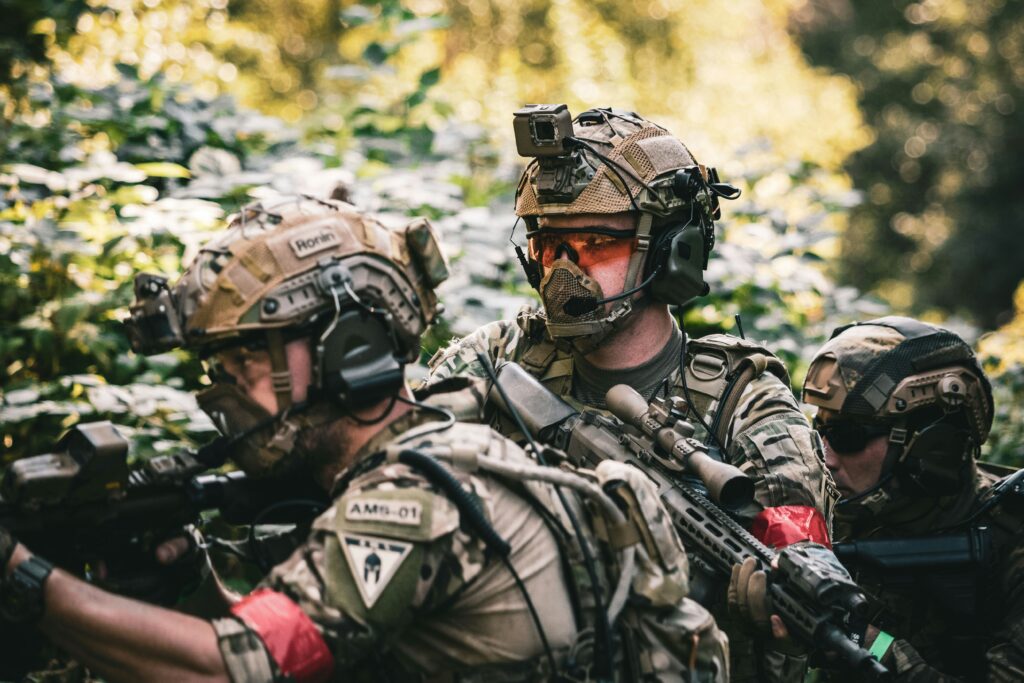
What Skills Are Needed?
- Deep technical proficiency in networks, systems, and programming
- Understanding of cyber law and rules of engagement
- Problem-solving mindset
- Discretion and vetting — roles often require Top Secret clearance
- Ability to operate in classified, high-pressure environments
Tools of the Trade
Cyber warfare specialists regularly work with:
- SIEM tools (Splunk, LogRhythm)
- Packet sniffers (Wireshark)
- Exploit frameworks (Metasploit)
- Custom tools developed by GCHQ or UK Cyber Command
- Classified MOD networks and secure enclaves
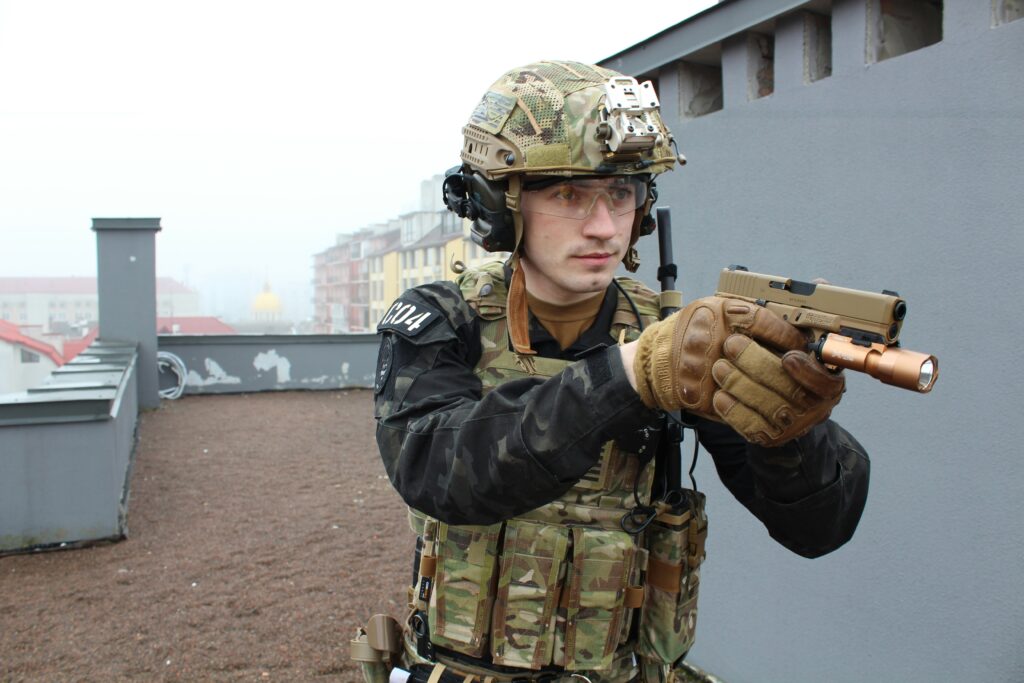
Pay and Career Progression
| Level | Role | Approx. Pay (2025) |
|---|---|---|
| Private / Junior Technician | Entry-level cyber analyst or operator | £22,000–£28,000 |
| Lance Corporal / Corporal | Threat analyst, red teamer, or SOC technician | £30,000–£36,000 |
| Sergeant – Warrant Officer | Team lead or cyber project manager | £40,000–£50,000+ |
| Commissioned Officer | Cyber Ops Officer or Cyber Intelligence Officer | £45,000–£65,000 |
Additional benefits:
- Technical trade pay
- Retention bonuses (due to civilian competition)
- Paid training and certifications (CompTIA, CISSP, CEH, etc.)
Cyber Defence vs. Cyber Attack
The UK officially maintains a defensive cyber posture, but has confirmed its capability to conduct offensive operations against hostile actors.
In 2020, the National Cyber Force (NCF) was launched — a joint initiative by the MOD and GCHQ, with offensive cyber specialists drawn from the Armed Forces, security services, and industry.
Their mission: to “disrupt, deny, degrade, or destroy” targets online — from foreign military systems to terrorist websites.
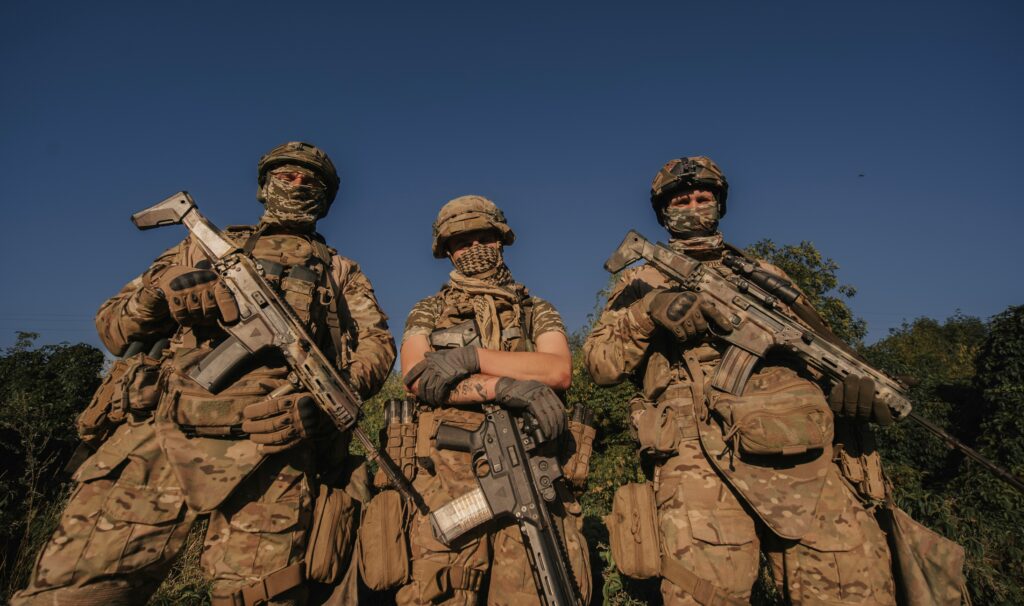
Civilian Career Opportunities
Cyber specialists leaving the military are extremely in demand in the UK workforce. Possible roles:
- Cybersecurity Analyst
- Penetration Tester
- Threat Intelligence Consultant
- Security Operations Centre (SOC) Manager
- Forensic Investigator
- Secure Network Architect
- Roles with GCHQ, NCSC, MI5, or tech firms
Starting civilian salaries often exceed £45,000–£90,000+, especially with security clearance.
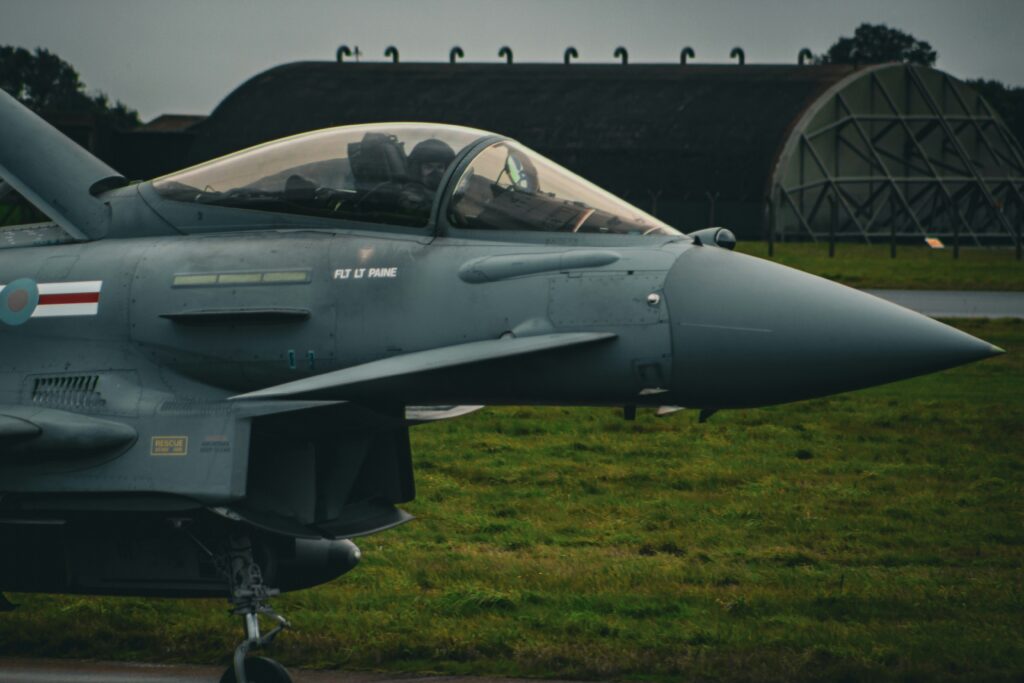
The Future of Cyber Warfare in the UK Military
As the digital threat landscape evolves, cyber operations are expected to:
- Expand AI-assisted defence systems
- Integrate cyber with Electronic Warfare and Space Command
- Recruit civilians directly into reserve cyber units
- Collaborate more closely with Five Eyes partners (US, Canada, Australia, NZ)
- Increase investment in quantum-safe encryption and cyber deterrence frameworks
Conclusion
The UK’s Cyber Warfare Specialists are digital warriors — protecting military operations, national secrets, and even civilian infrastructure from increasingly aggressive and sophisticated threats.
They work in silence, behind screens and firewalls, but their impact is felt in every domain — from aircraft carriers to mobile networks.
As future wars are fought both on the ground and in cyberspace, these niche operators stand at the front lines of a new kind of conflict — where bytes are bullets, and networks are battlegrounds.
